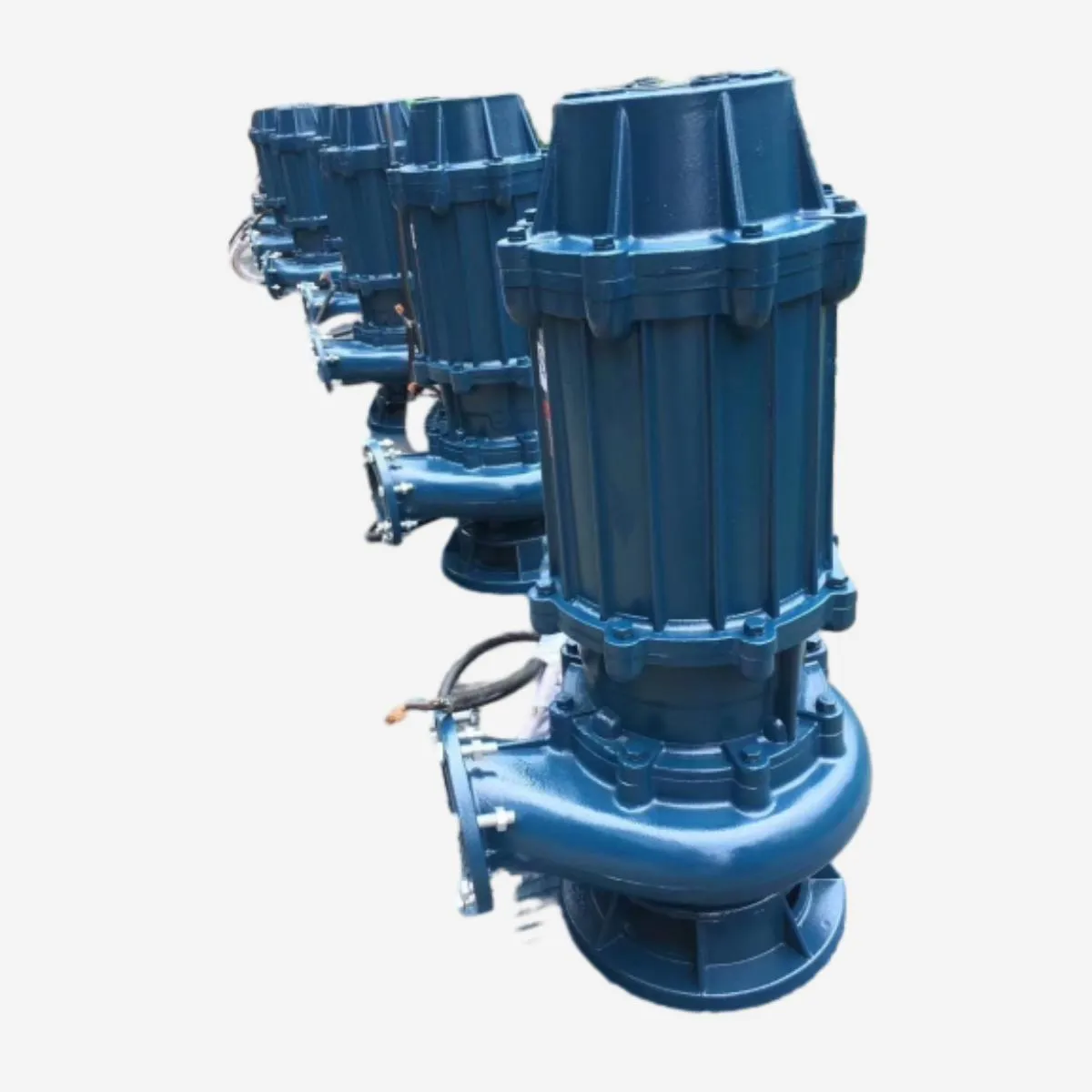Bengali
- Afrikaans
- Albanian
- Amharic
- Arabic
- Armenian
- Azerbaijani
- Basque
- Belarusian
- Bengali
- Bosnian
- Bulgarian
- Catalan
- Cebuano
- Corsican
- Croatian
- Czech
- Danish
- Dutch
- English
- Esperanto
- Estonian
- Finnish
- French
- Frisian
- Galician
- Georgian
- German
- Greek
- Gujarati
- Haitian Creole
- hausa
- hawaiian
- Hebrew
- Hindi
- Miao
- Hungarian
- Icelandic
- igbo
- Indonesian
- irish
- Italian
- Japanese
- Javanese
- Kannada
- kazakh
- Khmer
- Rwandese
- Korean
- Kurdish
- Kyrgyz
- Lao
- Latin
- Latvian
- Lithuanian
- Luxembourgish
- Macedonian
- Malgashi
- Malay
- Malayalam
- Maltese
- Maori
- Marathi
- Mongolian
- Myanmar
- Nepali
- Norwegian
- Norwegian
- Occitan
- Pashto
- Persian
- Polish
- Portuguese
- Punjabi
- Romanian
- Russian
- Samoan
- Scottish Gaelic
- Serbian
- Sesotho
- Shona
- Sindhi
- Sinhala
- Slovak
- Slovenian
- Somali
- Spanish
- Sundanese
- Swahili
- Swedish
- Tagalog
- Tajik
- Tamil
- Tatar
- Telugu
- Thai
- Turkish
- Turkmen
- Ukrainian
- Urdu
- Uighur
- Uzbek
- Vietnamese
- Welsh
- Bantu
- Yiddish
- Yoruba
- Zulu
Telephone: +86 13120555503
Email: frank@cypump.com
অক্টো. . 30, 2024 17:29 Back to list
progressive cavity slurry pump
Understanding Progressive Cavity Slurry Pumps
Progressive cavity slurry pumps are essential equipment in various industries, designed to handle challenging fluid transfer tasks involving slurries and viscous materials. These pumps are renowned for their efficiency and reliability, making them an ideal choice for applications in mining, wastewater treatment, and other sectors that deal with abrasive or thick mixtures.
At the heart of a progressive cavity pump is its unique design, which features a helical rotor that moves within a stator. This configuration allows for the creation of cavities that transport the fluid with uniform flow and minimal pulsation. As the rotor turns, it creates a series of cavities that progressively move the slurry from the inlet to the discharge. This design enables the pump to handle solids efficiently, reducing wear and tear on the components.
One of the standout advantages of progressive cavity pumps is their capability to handle a wide range of viscosities and solid sizes. Whether it’s thick sludge, viscous liquids, or abrasive mixtures, these pumps can maintain consistent performance. This versatility reduces the need for multiple types of pumps in a facility, leading to cost savings in equipment and maintenance.
progressive cavity slurry pump

Moreover, these pumps are capable of self-priming, which is crucial when working with slurries that may contain air. This feature eliminates the need for additional priming equipment and simplifies the overall pumping process. Additionally, the gentle pumping action of the progressive cavity design minimizes shear, making it suitable for delicate materials that cannot tolerate aggressive handling.
Another significant aspect of progressive cavity slurry pumps is their ability to operate at varying speeds
. This adjustability allows operators to tailor the pumping rate to specific applications, optimizing energy consumption and enhancing efficiency. Furthermore, the non-clogging design of these pumps ensures that they can handle challenging materials without frequent blockages, resulting in reduced downtime.Maintenance is a critical consideration in any pumping operation. Progressive cavity pumps are typically easier to service compared to other types of pumps. With fewer moving parts and a straightforward design, routine maintenance tasks can often be performed with minimal downtime, contributing to enhanced operational efficiency.
In conclusion, progressive cavity slurry pumps are a vital asset in industries requiring the reliable transfer of slurries and viscous fluids. Their robust design, operational versatility, and ease of maintenance position them as preferred equipment in various applications. As industries continue to evolve and face new challenges, the role of progressive cavity pumps will undoubtedly become even more significant in ensuring efficient fluid management.
-
High-Efficiency Submersible Effluent Pump for Sewage & Wastewater Solutions
NewsJul.08,2025
-
High Quality CH Warman Slurry Pump Factory - Leading Horizontal Slurry Pump Supplier
NewsJul.08,2025
-
Hot Sale Chemical Circulating Pump – Efficient & Durable Slurry Circulating Pump Solutions
NewsJul.08,2025
-
High-Efficiency Submersible Dredge Pump for Sand & Gravel Durable Dredge Slurry Pumps Solutions
NewsJul.07,2025
-
Wholesale Slurry Pump Impeller Supplier – High-Quality & Efficient Pump Parts for Enhanced Performance
NewsJul.07,2025
-
High-Efficiency Water Submersible Pumps Reliable Water Pump for Potable Water Supply
NewsJul.06,2025










